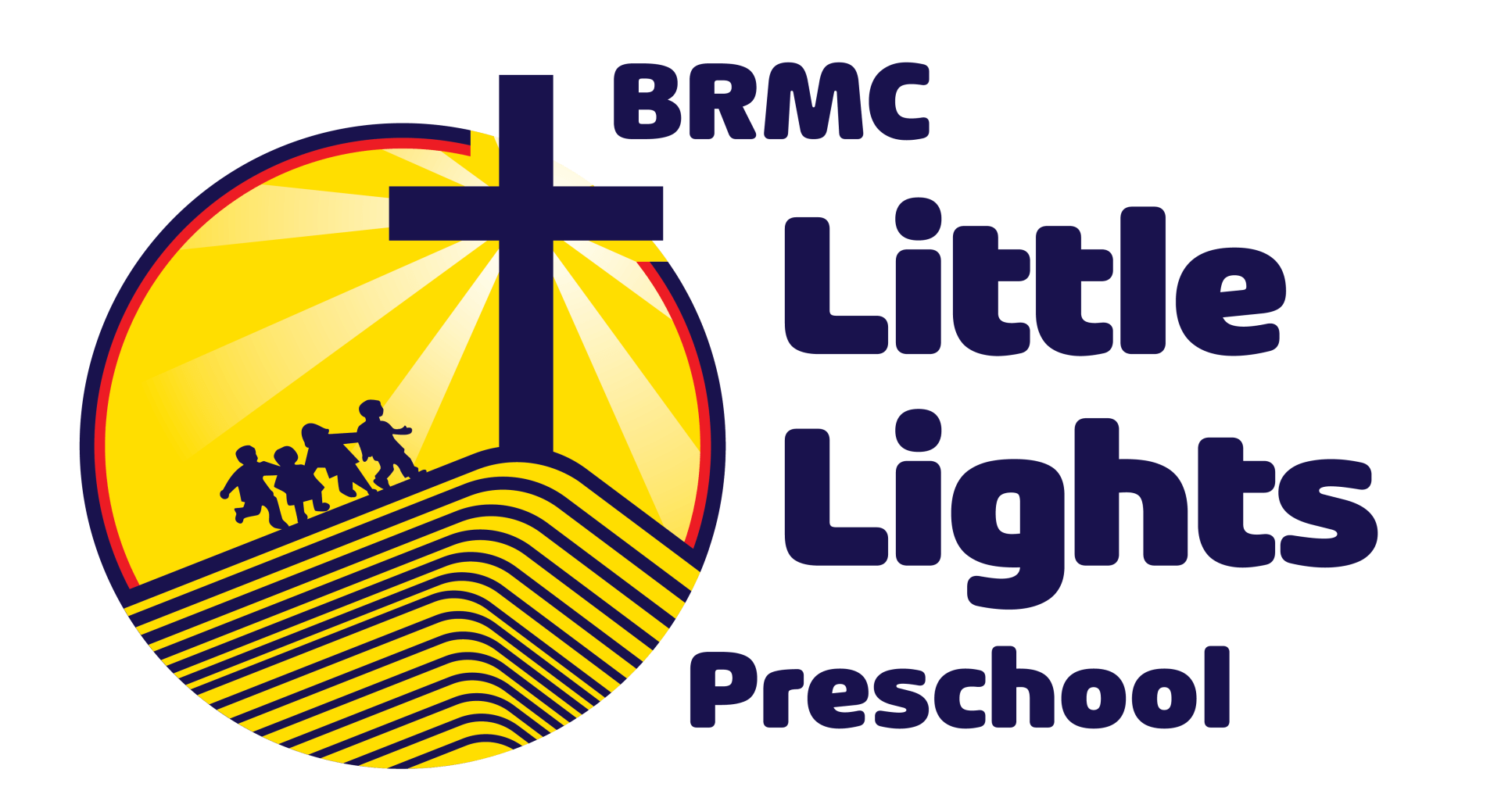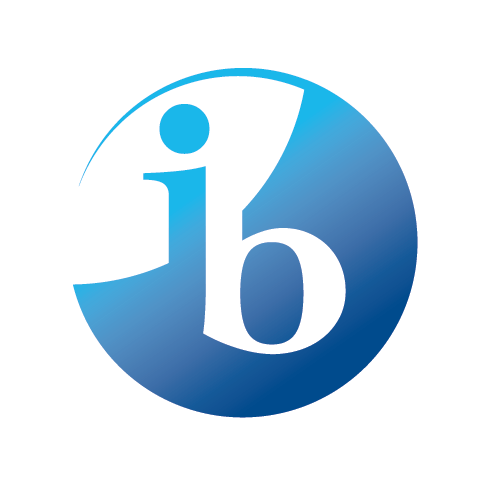PYP Assessment Policy
A. Assessment Philosophy
Every child is unique and may have slightly different developmental milestones from others. It is therefore important to develop an accurate portfolio of each child. We advocate partnership with parents and the community so that we are able to “see” the child’s growth in the learning journey.
B. Assessment Purpose
We try to capture what the child thinks, analyzes, synthesizes, produces and creates as well as their interactions with others on a social, emotional and intellectual basis. While our evaluation instruments may not capture everything that happens, we hope to be able to give a snapshot of the child’s learning journey using the following:
- Recognising children’s prior knowledge, interests, abilities and attitudes.
- Gathering information on the progress of the children to inform planning and teaching.
- Providing feedback to children on the progress they have made over time so that they are motivated and are excited to learn and inquire further.
- Sharing and communicating with parents about their children’s progress to enable them to appreciate their children’s development and learning, and assist them in setting realistic expectations of their children.
- Reflecting on teaching strategies to effectively support and scaffold children’s development and learning.
C. Assessment Practices
We use a variety of assessment strategies and tools to provide feedback on the learning process and to make learning visible to the school community. We have face-to-face sessions like Parents–Teachers Conferences and Family Day and an online app “LittleLives” (LL) to provide feedback to the school community. These include information on the IB Learner Profile, as well as formative and summative assessments.
The IB Learner Profile
- SPOT awards are given out to children to reinforce the IB Learner Profile attributes.
- The IB Learner Profile is assessed when a Unit of Inquiry (UOI) is completed via LL when appropriate.
- During Parents–Teachers Conferences in May and November each year, we share our observations of the children and give feedback to parents on how their children have demonstrated the IB Learner Profile by highlighting the attributes they have displayed in school.
- Some UOIs have specific checklists linked to the attributes of the IB Learner Profile (e.g. Around the World) in LL.
Formative Assessments:
- Using LL, we document the children’s learning process and development and share them with parents through their individual portfolios. Each e-portfolio consists of photos, drawings, artworks, videos, work samples from the Units of Inquiry and six domains (Aesthetics and Creative Expression, Discovery of the World, Language and Literacy, Motor Skills Development, Numeracy and Social and Emotional Development).
- Parents will get to view at least four documentations per month in English and/ or Chinese of their children’s learning process in individual portfolios.
- A mini showcase when appropriate will be used for the Unit of Inquiry to give the parents a better understanding of how the inquiry took place to document the children’s learning process.
- Teachers have a schedule to observe every student systematically in all six domains (Aesthetics and Creative Expression, Discovery of the World, Language and Literacy, Motor Skills Development, Numeracy and Social and Emotional Development) within an academic year. The “Two-by-Two” observations will help teachers write meaningful evaluations in the mid-year and final-year summary reports.
Summative Assessments:
The Mid-year and Final-year summary checklists will be updated in LL. These reports give parents an overview of the progress made in all the following domains – Language (English, Chinese), Numeracy, Arts and Creative Expression. Parents may retrieve or print them from LL whenever necessary.
D. Reflective Practices:
Reflective teaching is a tool that teachers use to observe and evaluate the learning outcomes in their homerooms to identify what worked and what didn’t. This develops self-awareness and is important to help to inform professional practices and development. They will respond to the inquiry strategies or activities that may be too challenging or easy and will highlight the
different evidences of children learning and follow up with appropriate action plans.
- Together with the weekly lesson plans, all teachers will submit a reflection on how they have used various approaches to facilitate learning in their lessons.
- All teachers will reflect on the inquiry process at the end of each central idea on the PYP planner. They will meet to collaborate and evaluate the changes to be made or actions to be followed up on for each Unit of Inquiry. This is recorded in the PYP Planner.
This Language Policy was collaboratively agreed upon by all teaching staff of BRMC Little Lights Preschool together with Ms Jummy Laurentius, the PYP Coordinator, and Ms Cherilyn Lee, the Principal. There is a review of the policy at the end of each academic year.

